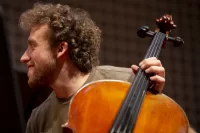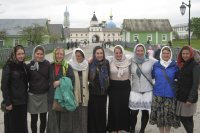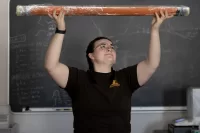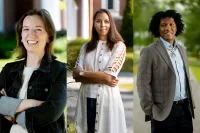
Bates is welcoming a large group of new faculty this year. Seventeen tenured or tenure-track professors will join the college over the course of the 2025-2026 academic year. Bates News is introducing them in groups over this semester. Part 1 ran in our newsletter of September 25, part 2 went out in our October 3 newsletter and Part 3 appeared in our October 10 newsletter.
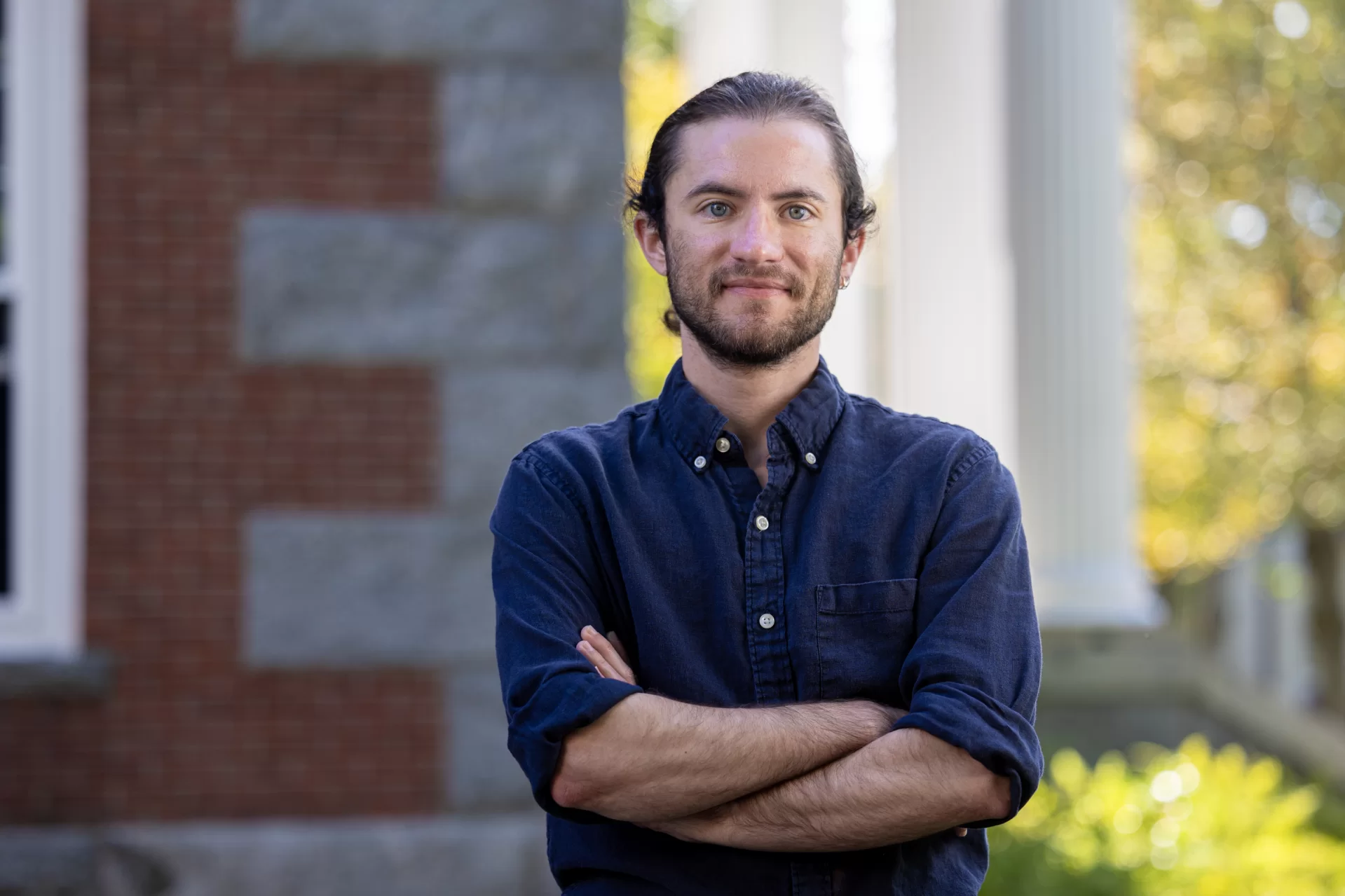
Scotty Farley, assistant professor of chemistry and biochemistry
Focus of teaching and scholarship:
My background is in chemical biology: developing and using chemical tools to help solve intractable problems in biology, specifically, for me, virology. Viruses are obligate intracellular parasites and need to get all of their resources from the cells they infect (ours) and often manipulate the way our cells work in order to do that. One of the things that has been very historically difficult to study has been the way that viruses manipulate the lipid composition of cellular membranes. My research uses common cold coronaviruses — related to the familiar SARS-CoV-2 virus that causes COVID-19, but much less pathogenic — to investigate how the coronavirus family as a whole manipulates the lipid metabolism of infected cells and what aspects of that are essential to the viral life cycle. I teach a range of classes in the chemistry department, including organic chemistry, biochemistry, and biochemistry of virus replication.
What are you most looking forward to in the coming year at Bates?
I taught here as a visiting professor last year and had a great time in the classroom and getting to know Bates students. This year, in addition to teaching in the classroom, I am thrilled to get to mentor thesis students in my lab. I’m excited to share my research with my students and try to convince them that lipids are as cool as I think they are.
What is your favorite part of teaching?
I teach a lot of classes that have a reputation of being hard and scary and unapproachable — organic chemistry, especially. A lot of the students are often worried that they’re not smart enough or are not cut out to understand these “hard” topics. I love being able to frame things to make them approachable: to make it obvious how understanding such abstract ideas as where electrons like to be are directly relevant to things that they care about, like how antibiotics work. I equally love making an environment where everyone gets the tools they need to understand what’s going on. The moments when someone who has been struggling or has been reticent about speaking up begins to participate in class discussions are when I feel like I’ve succeeded as a teacher.
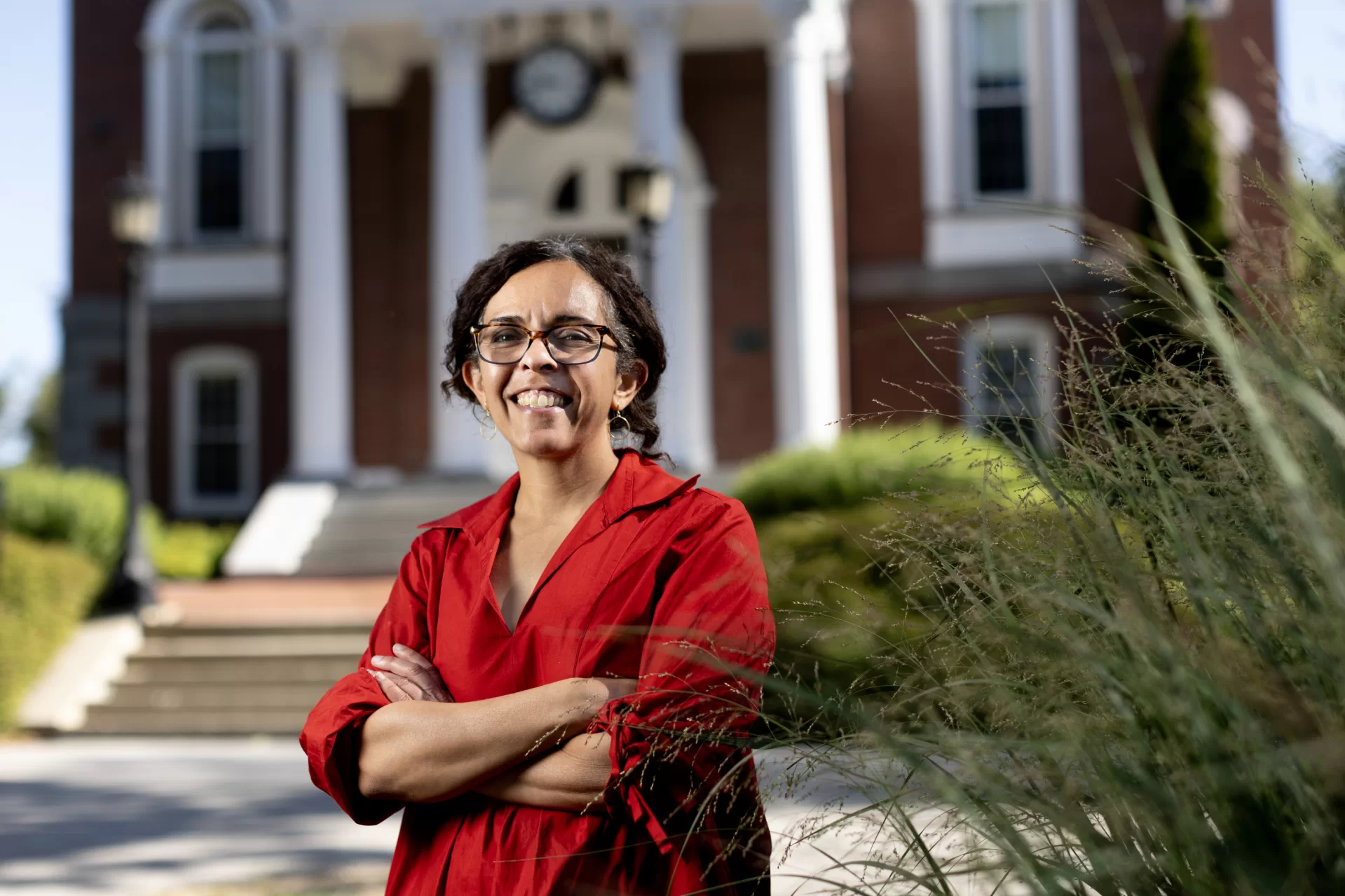
Halla Attallah, assistant professor of religious studies
Focus of teaching and scholarship:
My focus is in Qur’anic and early Islamic studies. I am also interested in teaching classes on the scriptural traditions, religion and feminist studies, and disability studies and religion. My scholarship examines the stories of the Qur’an within the context of gender and disability studies. Currently, my work examines the Qur’an’s annunciation stories — the stories of the miraculous birth of a son to Abraham, Sarah, the virgin Mary, and Zachariah. Relying on these texts, I consider how the Qur’an and its original seventh century audience imagined the embodied experiences associated with reproduction and infertility.
What are you most looking forward to in the coming year at Bates?
I am most looking forward to getting to know students and colleagues.
What is your favorite part of teaching?
My favorite part of teaching is when you see the “aha moments” happening from a reading or concept being discussed in class. This can show up in student questions, comments, facial expressions, and even struggles with the materials showing that there is always so much more to learn.
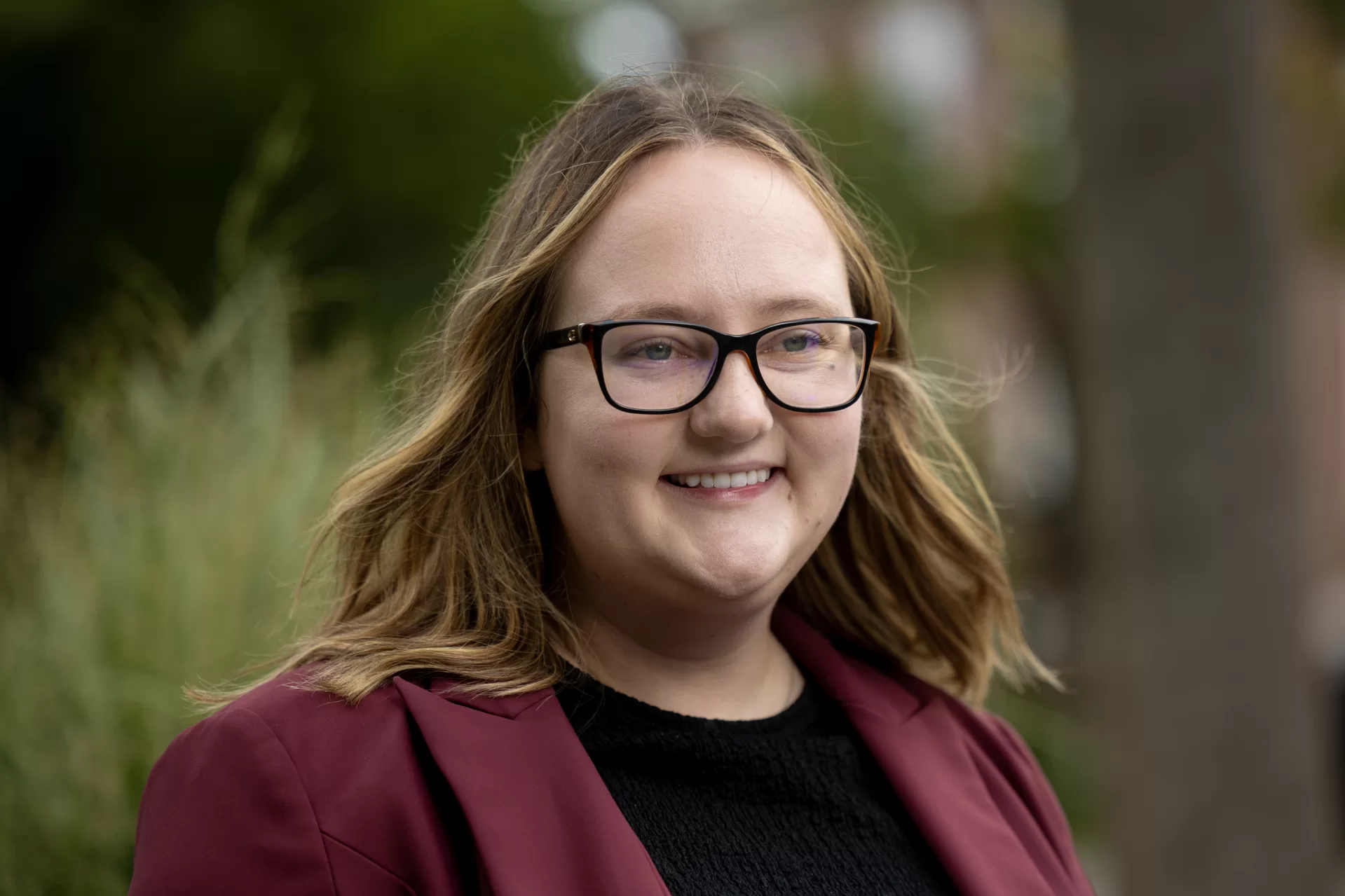
Lauren Buisker, assistant professor of rhetoric, film, and screen studies and director of debate
Focus of teaching and scholarship:
I teach rhetoric classes that examine how discourse distributes power and explore how activists use rhetoric to create a safer, more inclusive society. I’m currently teaching “Public Discourse” and I’m excited to teach “Introduction to Argumentation” and “Social Advocacy and Activism” in the winter. Similar to my teaching, my research investigates how activists against sexual violence use rhetoric to challenge harmful narratives surrounding victimhood and aim to create a world in which marginalized people can live free of violence.
What are you most looking forward to in the coming year at Bates?
I’m very excited about three things: 1) office hours, because I enjoy talking one-on-one with students about how they can make connections between their specific interests and general course content; 2) traveling around the globe — Oxford, United Kingdom, and Sofia, Bulgaria, this year with the Brooks Quimby Debate Council as the new director of debate; and 3) lunches in Commons because I love the sense of vibrant community that emerges in a space where people really seem to know one another and care about each other. The soft serve ice cream in Commons is also incredible!
What is your favorite part of teaching?
I love course sessions when I feel like I learn just as much from my students as they learn from me. I enjoy creating classroom environments that are active, noisy (in the best possible way), and engaging. In these moments of chaotic rigor, it’s an absolute privilege to witness students come to understand a concept so effectively that their contributions expand and energize my own intellectual curiosities.
Faculty Featured
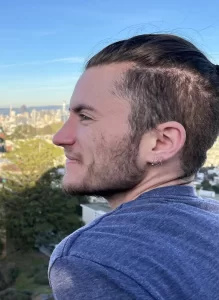
Scotty Farley
Assistant Professor of Chemistry and Biochemistry
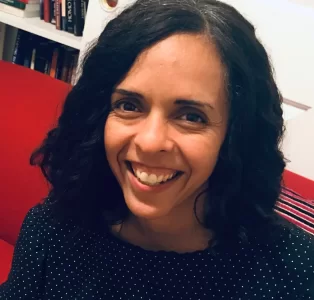
Halla A. Attallah
Assistant Professor of Religious Studies
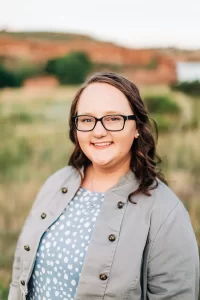
Lauren L. Buisker
Assistant Professor of Rhetoric, Film, and Screen Studies and Director of Debate
